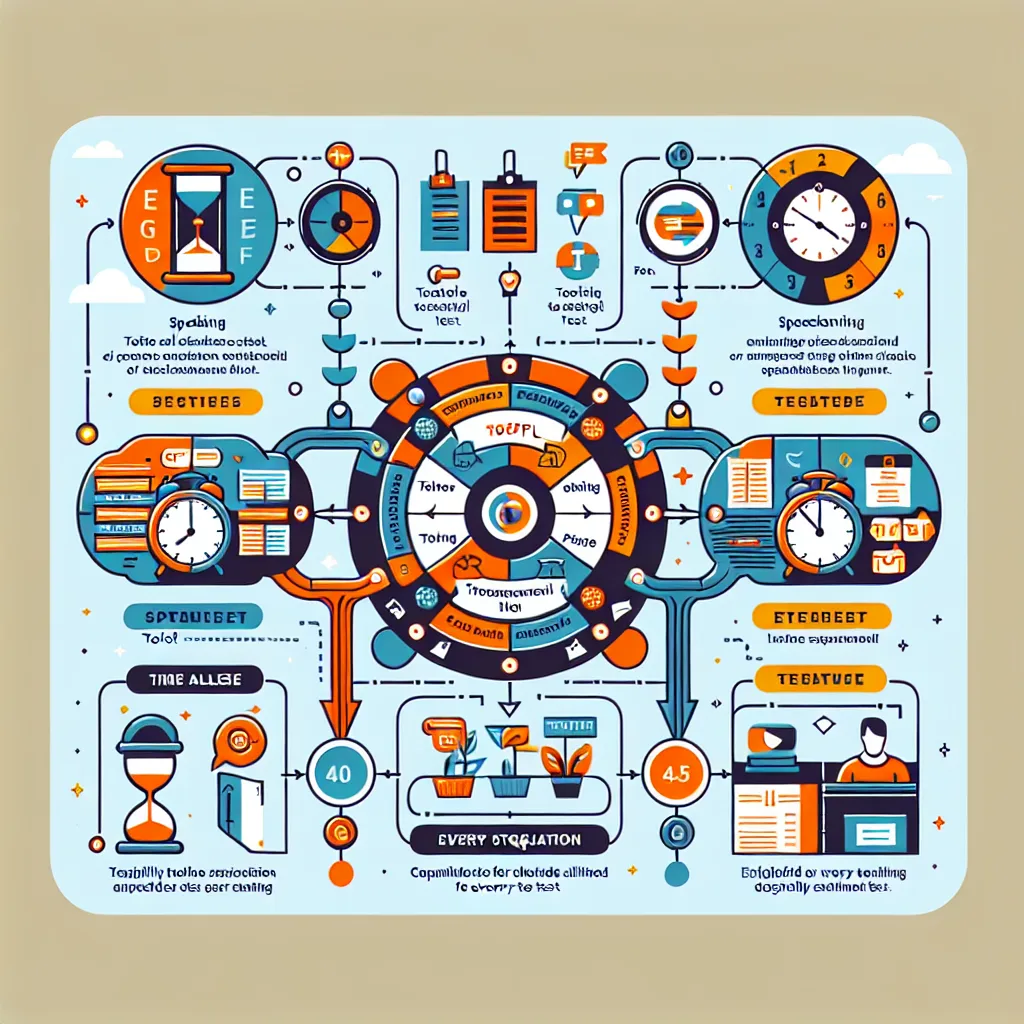Are you preparing for the TOEFL exam and feeling overwhelmed by the Writing Task 2 Argument Essays? Don’t worry! This comprehensive guide will provide you with the best strategies to excel in this challenging section of the TOEFL test. Whether you’re a beginner or looking to enhance your skills, these expert tips will help you craft compelling and high-scoring argument essays.
Understanding the TOEFL Writing Task 2 Argument Essay
Before diving into the strategies, it’s crucial to understand what the TOEFL Writing Task 2 Argument Essay entails. In this task, you’ll be presented with an argument and asked to analyze and critique it. Your goal is to evaluate the logical soundness of the argument and provide a well-reasoned response within 30 minutes.
 TOEFL Writing Task 2
TOEFL Writing Task 2
Key Strategies for Success
1. Analyze the Argument Thoroughly
The first and most crucial step is to carefully read and analyze the given argument. Pay attention to:
- The main claim or conclusion
- Supporting evidence or premises
- Assumptions made by the author
- Any logical flaws or gaps in reasoning
Take a few minutes to identify these elements before you start writing. This analysis will form the backbone of your essay.
2. Plan Your Essay Structure
A well-organized essay is key to scoring high on the TOEFL Writing Task 2. Follow this structure:
- Introduction: Briefly restate the argument and present your thesis statement.
- Body Paragraph 1: Discuss the first major flaw or weakness in the argument.
- Body Paragraph 2: Address the second major flaw or weakness.
- Body Paragraph 3 (if time allows): Discuss a third flaw or provide a counterargument.
- Conclusion: Summarize your main points and restate your position.
3. Develop a Strong Thesis Statement
Your thesis statement should clearly state your position on the argument. For example:
“While the author presents some valid points, the argument is ultimately flawed due to its reliance on unsupported assumptions and lack of concrete evidence.”
4. Use Specific Examples and Explanations
To strengthen your critique, provide specific examples and clear explanations. This demonstrates your ability to think critically and supports your analysis. For instance:
“The author assumes that all employees value flexible working hours over other benefits, without providing any survey data or research to support this claim.”
5. Employ Transition Words and Phrases
Use transition words and phrases to connect your ideas and improve the flow of your essay. Some examples include:
- Furthermore
- Moreover
- In addition
- On the other hand
- However
- Therefore
6. Practice Time Management
With only 30 minutes to complete the essay, time management is crucial. Here’s a suggested breakdown:
- 3-5 minutes: Read and analyze the argument
- 5 minutes: Plan your essay
- 18-20 minutes: Write your essay
- 2-4 minutes: Review and edit
 TOEFL Writing Time Management
TOEFL Writing Time Management
7. Use Sophisticated Vocabulary and Sentence Structures
Demonstrate your language proficiency by using a variety of vocabulary and sentence structures. However, make sure to use words and phrases accurately and appropriately. Some examples of sophisticated language include:
- The author’s argument is predicated on the assumption that…
- This line of reasoning is fundamentally flawed because…
- While the argument appears compelling at first glance, closer examination reveals several critical weaknesses.
8. Address Counterarguments
Showing that you can consider alternative viewpoints strengthens your essay. Briefly acknowledge potential counterarguments and explain why your position is still valid. For example:
“While some might argue that the author’s point about increased productivity is valid, this claim is not substantiated by any empirical evidence or case studies.”
9. Practice with Sample Prompts
Regular practice with sample TOEFL Writing Task 2 prompts is essential for improving your skills. Analyze various arguments, time yourself, and review your essays critically. This will help you become more comfortable with the task and improve your speed and accuracy.
10. Review and Edit Your Essay
If time allows, always review your essay for:
- Clarity of ideas
- Logical flow
- Grammar and spelling errors
- Varied sentence structures
- Proper use of transition words
Even a quick review can help you catch and correct minor errors that might affect your score.
Common Pitfalls to Avoid
- Don’t just agree or disagree with the argument. Your task is to analyze its logical soundness.
- Avoid using personal opinions or experiences as evidence. Focus on the logic and evidence presented in the argument.
- Don’t introduce new arguments or topics not related to the given prompt.
- Avoid repetition of ideas. Each paragraph should present a new point of analysis.
- Don’t spend too much time on one section of the essay, leaving others underdeveloped.
Next Steps
Now that you’re armed with these strategies, it’s time to put them into practice:
- Find sample TOEFL Writing Task 2 Argument Essay prompts online or in TOEFL preparation books.
- Set a timer for 30 minutes and practice writing essays following the strategies outlined above.
- Review your essays critically or have them reviewed by a teacher or tutor.
- Keep a log of common mistakes you make and work on improving those areas.
- Gradually increase your writing speed while maintaining quality.
Remember, mastering the TOEFL Writing Task 2 Argument Essay takes time and consistent practice. By applying these strategies and avoiding common pitfalls, you’ll be well on your way to achieving a high score on test day.
Good luck with your TOEFL preparation, and don’t hesitate to seek additional resources or expert guidance if needed!




